Search
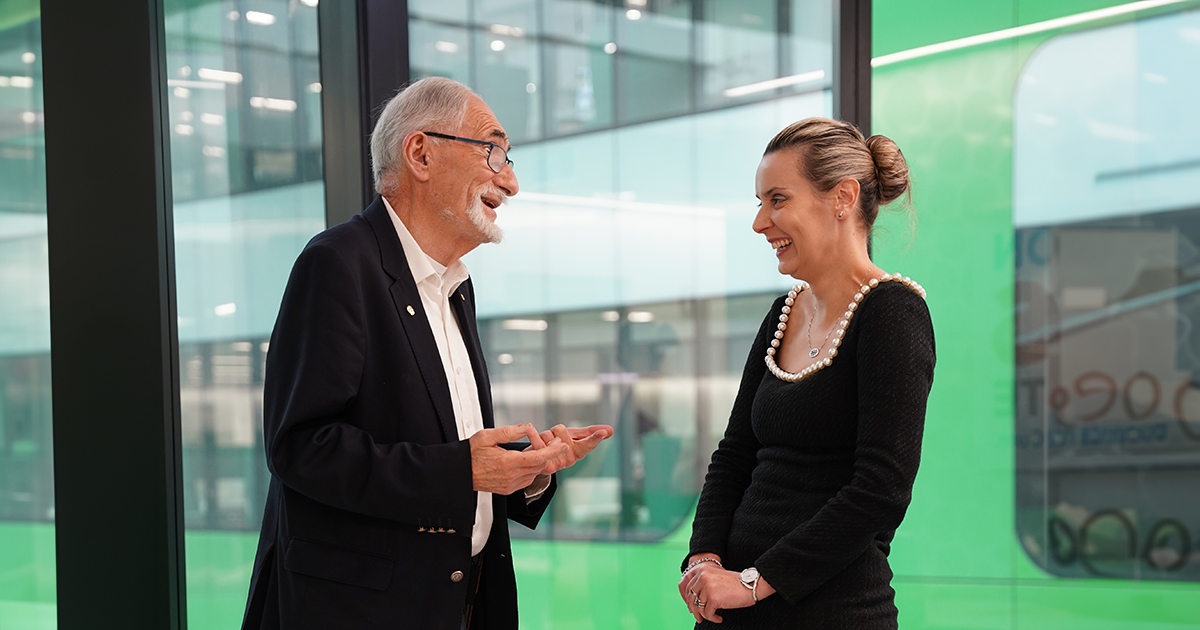
News & Events
Genetic disease researcher named inaugural Louis Landau Chair of Child Health ResearchProfessor Aleksandra Filipovska has been appointed as the inaugural Louis Landau Chair of Child Health Research.
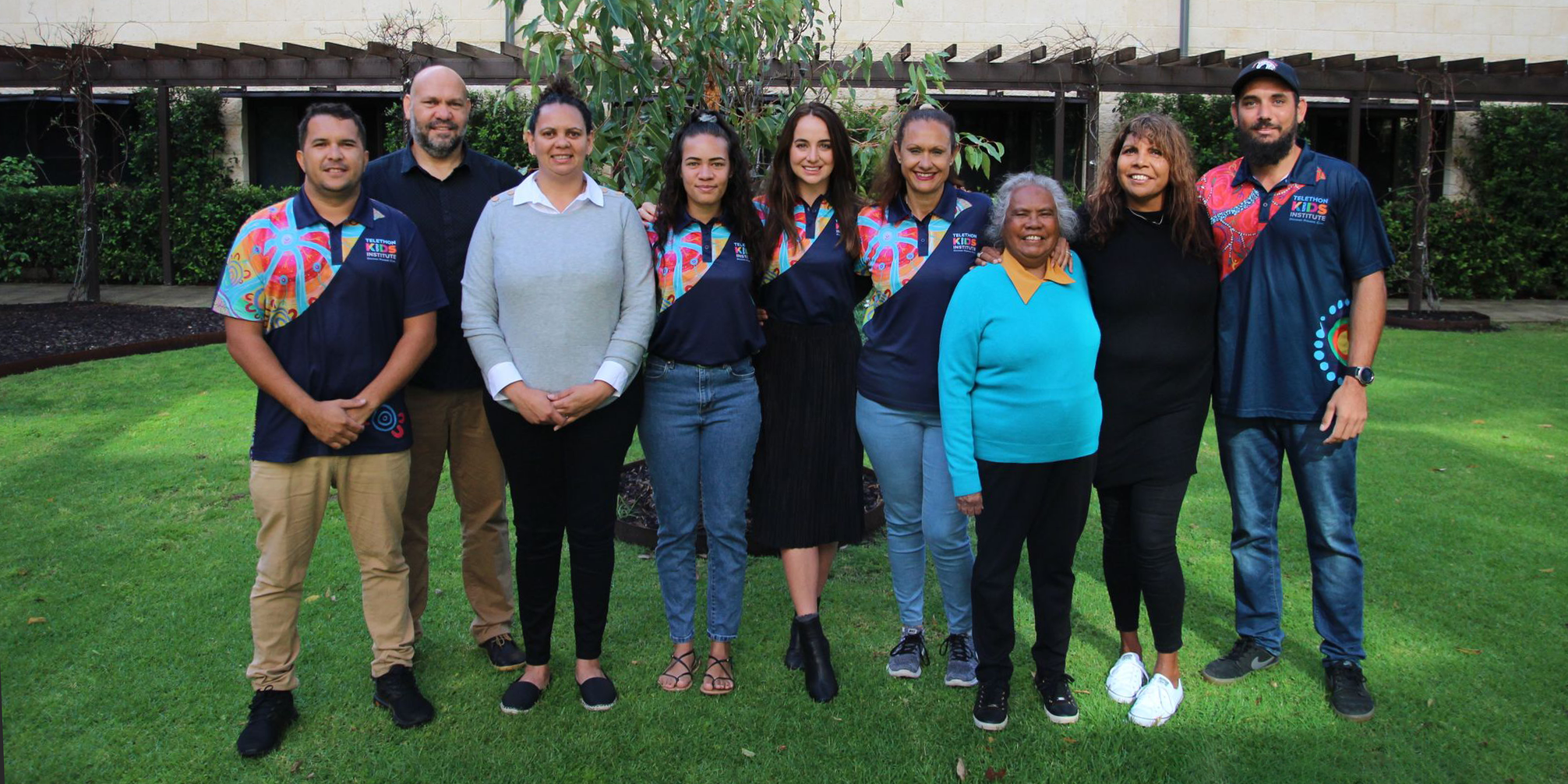
News & Events
Aboriginal Employment and Career Development StrategyWe are excited to launch our new Aboriginal Employment and Career Development Strategy (AECDS), aimed at building a culturally secure work environment by continuing to embed Aboriginal health & wellbeing into our research.
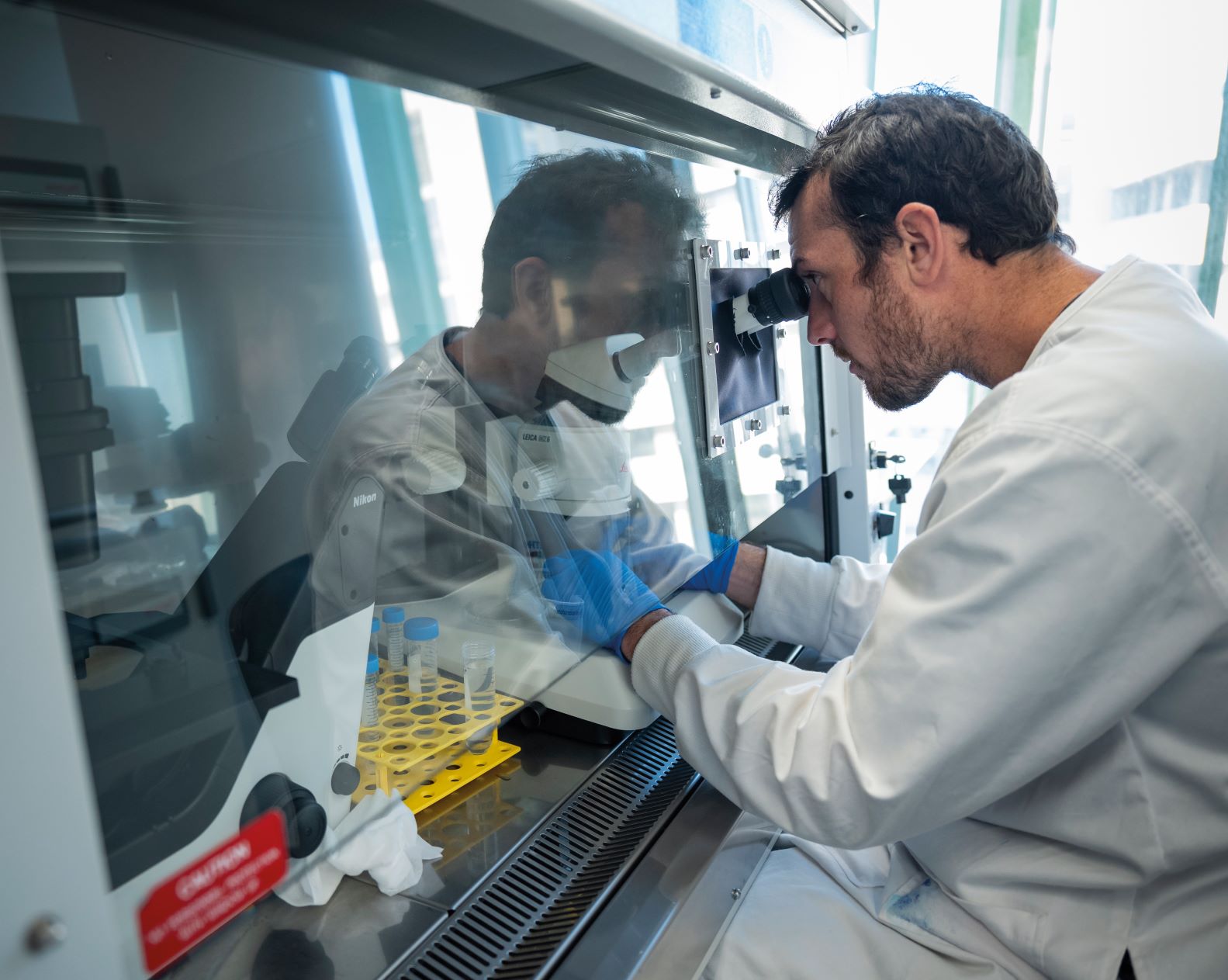
ORIGINS welcomes undergraduate, Honours, PhD, Masters, and Doctor of Medicine students, in addition to junior doctors or trainees wishing to undertake a research placement or project as part of their studies.
Research
NutritionThe science that interprets the way nutrients and other substances in food affect maintenance, growth, reproduction, health and disease.
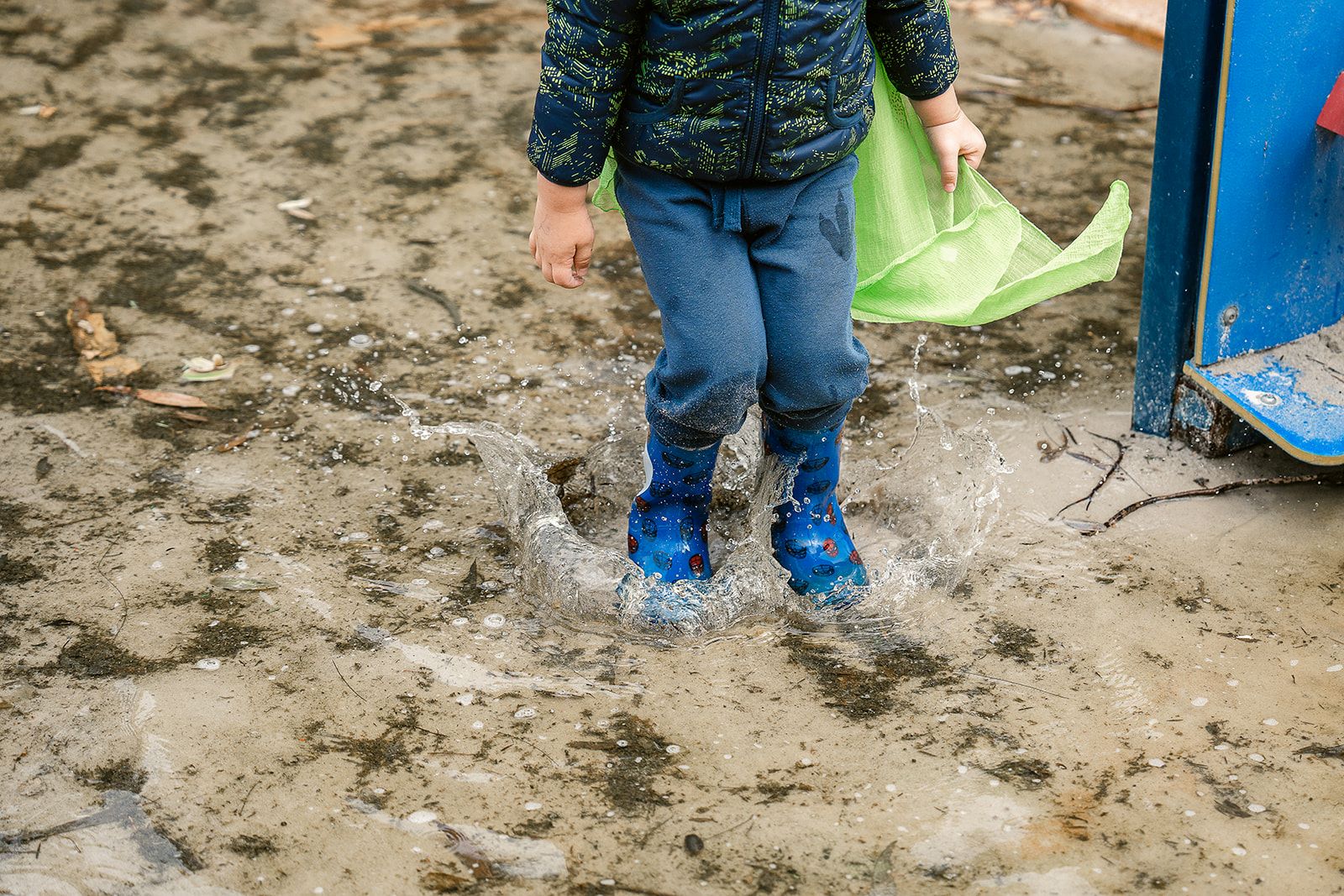
Helping families to unlock the mental and physical health benefits of connecting with nature and community through outdoor play - easily, and locally.

News & Events
Dental screening app shown to have potential to help remote familiesORIGINS' Dental Screening project has completed its feasibility study, showing that the tested smartphone app, enabling remote screening of children's teeth by dental professionals, has the potential to help remote families access dental care, among other benefits.
Research
Playful BytesNurturing children's health together: A collaboration between early childhood education and care (ECEC) educators and parents on active play and eating well
Research
Community perspectives on the appropriateness and importance of support goals for young autistic childrenResearchers do not know much about what autistic adults, parents and professionals think about support goals for young autistic children. People's views of support goals might also be influenced by their beliefs about early support more generally. This survey involved 87 autistic adults, 159 parents of autistic children and 80 clinical professionals living in New Zealand and Australia.

News & Events
Worrying trends reinforce need for kids health researchChild health experts are concerned by a significant increase in the number of Australian children requiring learning support at school.
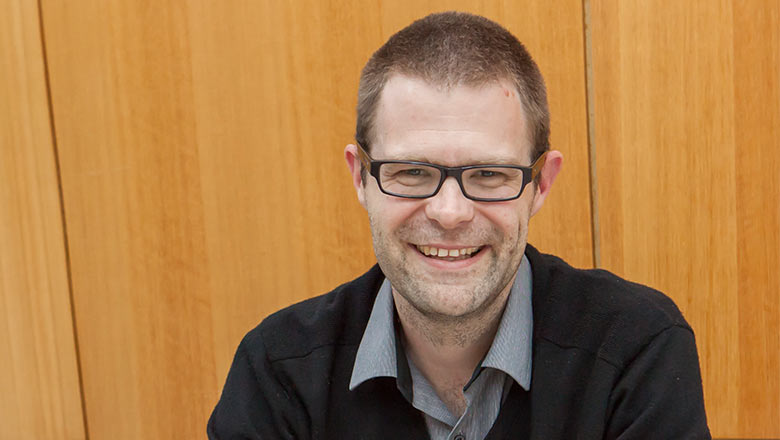
News & Events
Autism researcher named 40 under 40 finalistAndrew Whitehouse has been listed in the WA Business News 40 under 40 awards recognising accomplished and dynamic young leaders in Western Australia.
